It’s the magical medicine taking the world by storm, more valuable than phoenix tears aerated with unicorn farts. Or so you’d think, given the price tag. Manuka honey is ridiculous. Harrods sells tiny jars of the “good stuff” for £1,400 each – that’s $2,800 in New Zealand! I recently found some in a New Zealand gift shop that didn’t even have the price on display, though if you bought a certain amount of it you received a “free” gift worth $60. (The gift in question didn’t look like it was worth as much as $60, but I suppose that’s not the point.)
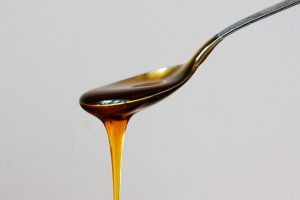
So, what’s so special about manuka honey? Personally, I hate the taste, so bitter and clinical compared to other types of honey, but some people like it. Fine. Just don’t go thinking it’s a super food, (because it’s not,) or that eating it can cure cancer, (because it can’t.) Honey is bad for you. It’s slightly less bad for you than refined sugar, in that it contains antioxidants and prebiotics as opposed to, well, nothing, but its nutritional content is negligible. (If you are going to sweeten something, sweeten it with honey, but it’s better not to sweeten it at all.) Manuka honey is no better than any other honey in this regard. And there are far healthier ways to consume antioxidants and prebiotics.
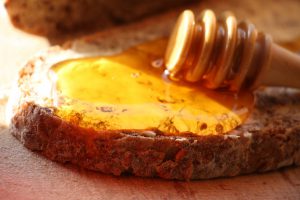
What supposedly makes manuka honey special is its antibacterial properties. All honey has antibacterial and anti-inflammatory properties. That’s why people have been using it for sore throats and smearing it on their wounds for thousands of years. Due to the fact that it’s made from manuka, which is a type of tea tree, manuka honey is slightly more antibacterial than most other types of honey. It’s also especially viscous, which makes it even better for smearing on wounds.
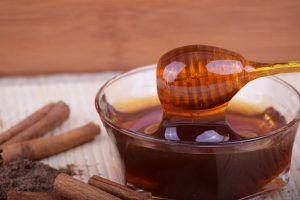
Aaaand that’s it. Here’s to the magic of marketing, folks! When you examine a jar of manuka honey, you’ll often find a UMF number, which looks kind of like the SPF rating on sunscreen. UMF is a registered trademark that stands for Unique Manuka Factor. Basically, the higher the UMF number, the more strongly antibacterial the honey is. (And the more expensive.) Or, at least, that’s what it was before the New Zealand Ministry for Primary Industries called bullshit.
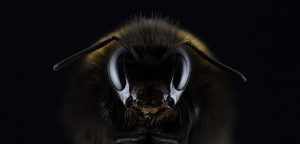
You see, according to the Food Standards Code, claims relating to such things as supposed antibacterial properties aren’t allowed on food labels. (The antibacterial testing process is dodgy anyway. Randomly selected jars have a history of failing to live up to their claims.) Manuka honey producers, however, don’t want to ditch the UMF label – why would they when it’s proven to be such an effective marketing tool? So now the Unique Manuka Factor refers to the honey’s supposed purity instead. (The purity testing process is also dodgy. They can’t tell manuka pollen apart from the pollen of other similar plants, for starters.)
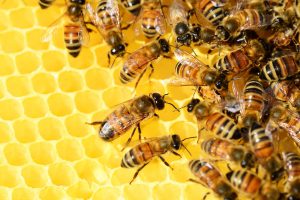
So, next time you’re in a New Zealand gift shop, try to see past how fancy the manuka honey jar is. It’s a status symbol for people with more money than sense. Yes, you might like the taste, in which case the antibacterial properties don’t matter as they don’t survive the digestive process, (which is a good thing, as antibacterial substances can’t distinguish between “good” and “bad” bacteria, and you kind of need bacteria in your gut for it to work,) so you may as well get the cheaper stuff. Yes, the stuff with the higher antibacterial content is good for mouth ulcers and sore throats, I’ll admit, but is it really worth paying so much for? As for smearing it on wounds, you can get antibacterial cream from your local pharmacy, and more serious wounds should be seen by a doctor anyway.
Also, I probably shouldn’t be saying this, but they make manuka honey in Australia as well. It has the same properties, but less of the hype surrounding it, so it’s less expensive than the New Zealand version.
Selected Sources/Further Reading: https://www.consumer.org.nz/articles/manuka-honey, https://www.huffingtonpost.com.au/2017/09/28/is-manuka-honey-really-better-than-normal-honey_a_23225467/, https://otakitoday.com/how%20about%20a%20cytotoxic%2C%20mutagenic%20antibacterial%20on%20toast%3F
Article by Abigail Simpson, author of Poms Away: A British Immigrant’s View of New Zealand
Follow Not_Australia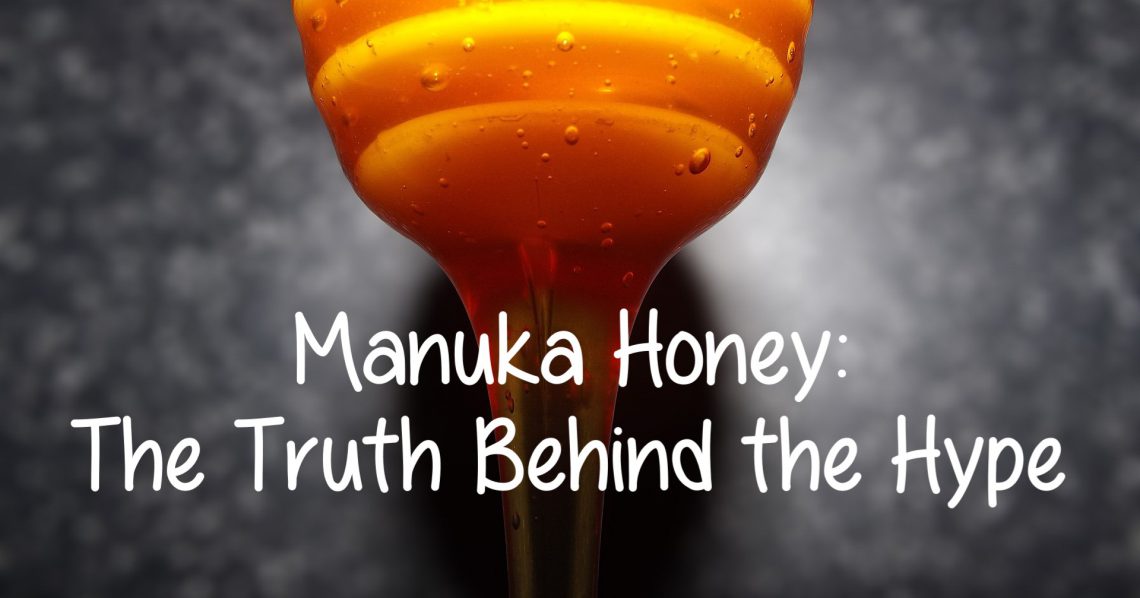






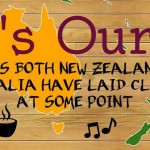
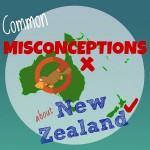


captyid
26th January 2020 — 7:16 pm
Such a good analysis! If something won’t sell for $10 sell it as exclusively for $1000.
Buyer beware.
Bev
13th July 2020 — 11:45 pm
Fully agree, I am a Beekeeper (15years) and have seen not only the faults you mentioned in the article, but the insanity and greed of people (gold rush) that has over populated sites for honeybees causing serve food shortages and major outbreak of dieases for our bee population which with out adout will have major consequences in the near future